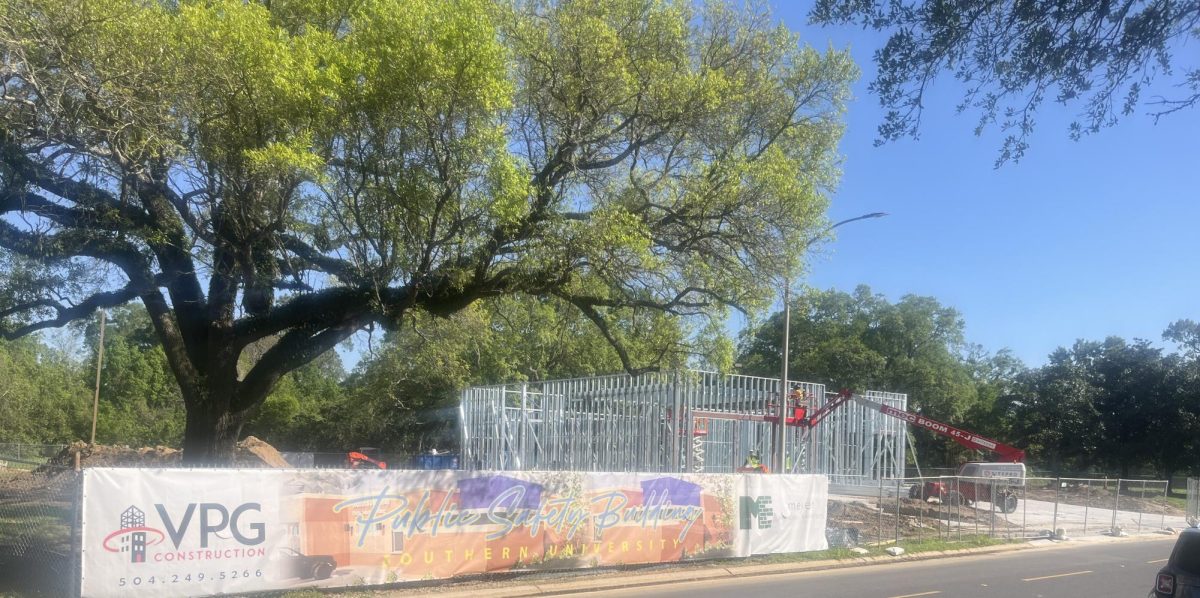There are many ways that donation requests can reach students, faculty and staff but, scammers and con artists use donation requests to steal money.
Whether donation requests are recieved in the mail, e-mail or via phone potential donors should be aware of validity of charities and cautious of sharing personal information.
“I do give to charities but don’t really research them before hand. I don’t know if they are going to actually use my money for the specific cause that their raising the money for, but I just pray for the best,” Jeletha Sykes a senior history major from Colfax, La. said.
The Better Business Bureau provides resources to potential donors concerning the legitimacy of charitable organizations.
Donors should be aware of whom they provide their personal and financial information to. Some information may compromise their identity and make them vulnerable to identity theft.
“Some of us do not have the funds to donate to charities,” said Brittany Patterson a junior english major from Shreveport, La. “I don’t give to charities because I am a college student and my funds are limited.”
According to the Federal Bureau of Investigation, before making a donation of any kind consumers should adhere to certain guidelines including: People should beware of organizations with copy-cat names similar to but not exactly the same as those of reputable charities, Do not be pressured into making contributions; reputable charities do not use such tactics, and try to avoid cash donations if possible. Pay by credit card or write a check directly to the charity. Do not make checks payable to individuals.
The National Center for Disaster Fraud was created by the Department of Justice to investigate, prosecute, and deter fraud in the wake of Hurricane Katrina, when billions of dollars in federal disaster relief poured into the Gulf Coast region.
Now, its mission has expanded to include suspected fraud from any natural or man-made disaster. More than 20 federal agencies, including the FBI, participate in the NCDF, which allows the center to act as a centralized clearinghouse of information related to disaster relief fraud.
The Criminal Division develops, enforces, and supervises the application of all federal criminal laws except those specifically assigned to other divisions.
The Division, and the 94 U.S. Attorneys have the responsibility of overseeing criminal matters under the more than 900 statutes as well as certain civil litigation.
Criminal Division attorneys prosecute many nationally significant cases. In addition to its direct litigation responsibilities, the Division formulates and implements criminal enforcement policy and provides advice and assistance.
Quantreal Williams a senior history major from Wichita Falls, Tx. said, “Obviously I don’t agree with fraudulent charities, I am aware that they are out there but that’s shouldn’t stop people from giving to the less fortunate,” Williams said. “I think it is always good to share blessings and give back. At the end of the day honesty is key, and when you donate you do that from the heart. “
Categories:
Donors still have to verify potential donations
May 7, 2012
0
More to Discover





